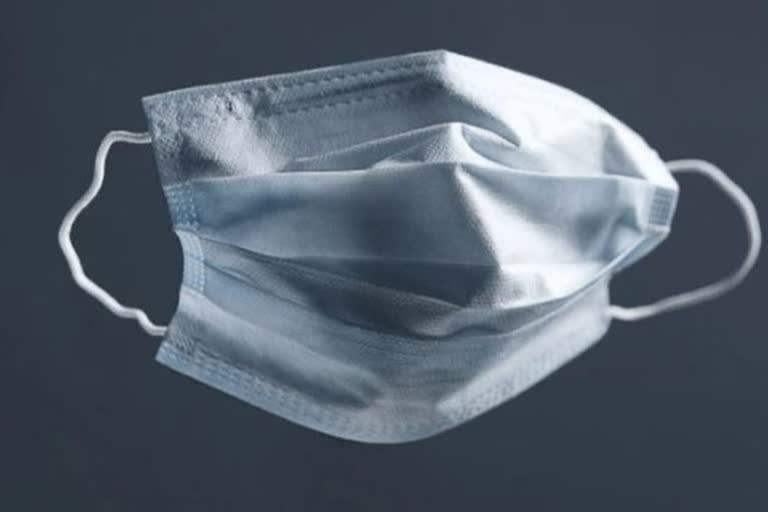New Delhi: An international team led by a researcher from India has developed a new technique that uses discarded face masks to effectively remove carbon dioxide (CO2) from the air. The researchers converted used face masks into porous activated fibrous adsorbents - materials which capture molecules from a gas, liquid or dissolved solid to a surface.
These adsorbents possess multiple benefits such as a higher absorption rate, more capturing sites, higher adsorption capacity, and ease of handling compared to granular and powdered materials. The team led by Associate Professor Sunanda Roy, from Alliance University in Bengaluru, developed an approach by which a large number of pores, suitable for heavy CO2 adsorption, can be formed on the developed fibres.
Also read:Researchers might have solution to resistant bacteria
The surface of the fibres was further modified by amine-containing compounds, which have nitrogen, to further enhance the CO2 capture. The new material, described in a paper published in the journal Carbon, shows an absorption capacity higher than found in many contemporary studies.
The adsorbed CO2 can be readily regenerated and the adsorbent can be used for several cycles. The regenerated CO2 can be utilised for green fuel, beverages and dry ice based on the purity, according to the researchers. The team, including researchers from Birla Institute of Technology in Jharkhand, Newcastle University, UK, Inha University and Hanyang University, both in Korea, has also developed a graphene foam-based catalyst that can convert CO2 into fuel.
The fibrous adsorbents obtained from the recycled face masks can also be utilised for separating various dyes from aqueous solutions, the researchers said. The efficiency of the dye removal properties remained above 94 per cent even after nine cycles of adsorption-desorption, they said. The research suggests that the porous absorbent has potential applications in treating polluted waste water that has been discharged from industries such as textiles and leathers. (PTI)
